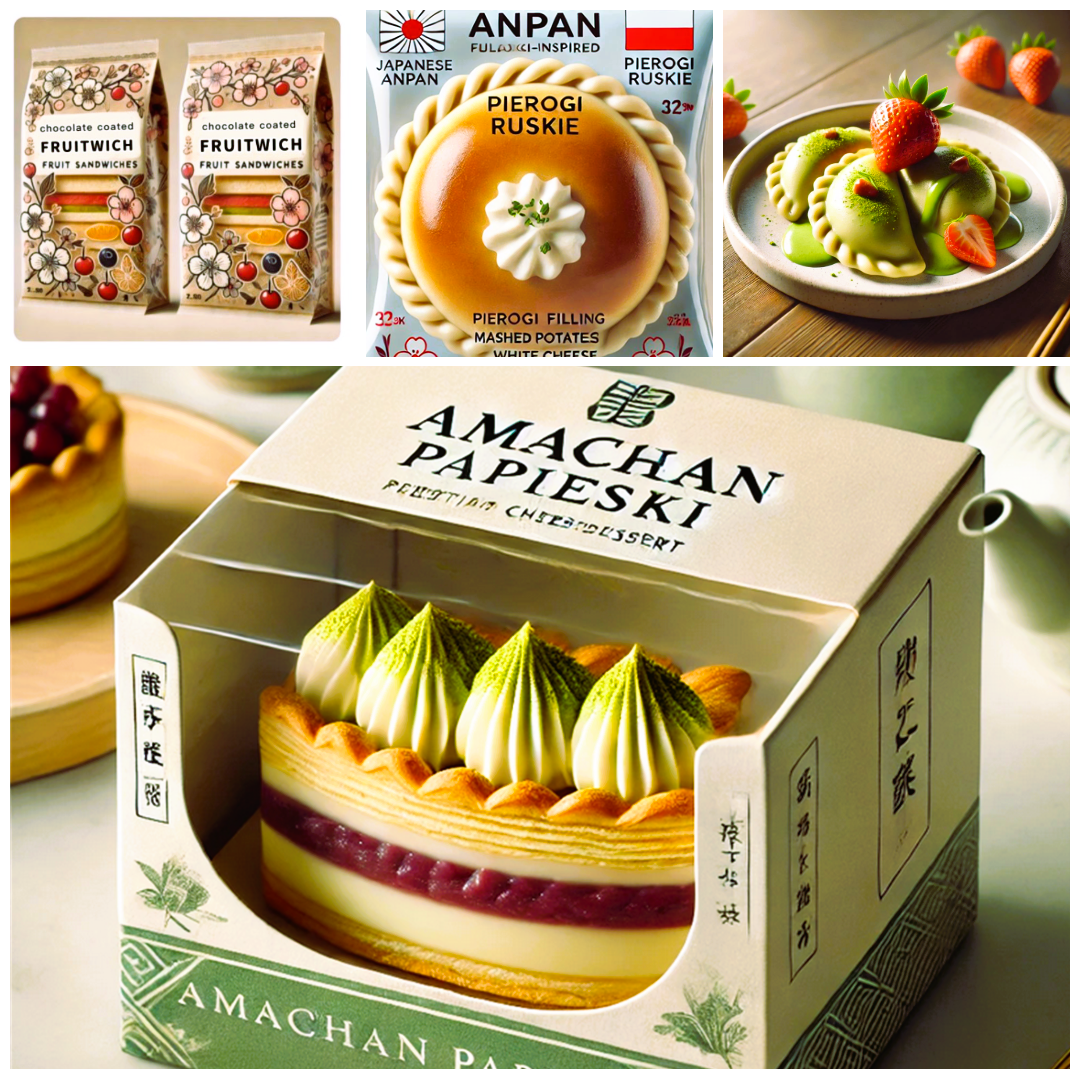Telecollaborations
-------------------------------------------------------------------------------------------------------------
Poland – Colombia
"Telecollaboration Without Borders: The German Language in International Dialogue"
The telecollaboration project, carried out in the winter semester of the 2024/2025 academic year between students of the Silesian University of Technology and EAN University in Bogotá, was the fifth edition of an initiative supporting the learning of German at the beginner and intermediate levels. Its main goal was to improve language and communication skills. During the first meeting, students engaged in conversations on topics such as: self-presentation, place of residence, daily routine, climate, food, holidays, and travel. Discussions also obligatorily included issues related to technology, media, and social networks. Intermediate-level participants prepared presentations on travel plans. The final outcome of the collaboration was a jointly created short film, which allowed the students to practically apply the language skills they had acquired and collaborate creatively in an international environment.
The project was coordinated by:
Mgr Renata Pelka, Senior German Language Assistant, Foreign Languages Centre, Silesian University of Technology
Doc. Angélica Mariana Mateus Laverde, German Language Lecturer, Faculty of Humanities and Social Sciences, EAN University in Bogotá, Colombia

-----------------------------------------------------------------------------------------------------------------
Poland - Germany
International Student Telecollaboration Project between Wiesbaden Business School, Technische Universität Bergakademie Freiberg, University of Łódź, and Silesian University of Technology – October 2024 - January 2025
In the winter semester of the 2024/2025 academic year, the third edition of the International Student Telecollaboration Project took place. The project is a joint initiative of a group of teachers from two Polish and two German universities. Around 150 students from technical and business fields collaborated in 15 mixed teams.
In the third edition, the main task was structured as a competition and consisted of the following stages:
Discussing potential challenges that cities will face in the future;
Exploring solutions to these challenges in alignment with sustainable development goals;
Preparing and presenting an innovative solution to one of the identified problems in the form of a recorded presentation for the competition.
At the same time, the project involved:
Establishing collaboration with new partners;
Gaining firsthand experience in intercultural communication;
Developing teamwork skills, including role-playing and conflict resolution;
Working in an English-speaking and remote immersive environment;
Enhancing IT skills through remote collaboration and digital content creation;
Improving reflective thinking skills.
In practice, the project had different educational value for each participant, as reflected in the evaluation survey. One participant noted that they were surprised to discover leadership skills within themselves. Another was impressed by the ideas proposed by their teammates. After the project, many participants identified various skills they wished to further develop, such as time management, project management, negotiation, self-confidence, conflict resolution, concentration, and others.
As in previous editions, the project was facilitated by Zoom, Padlet, and online communication tools for both synchronous and asynchronous interaction. In this edition, the participants' high digital competencies played a particularly crucial role, as students were responsible for recording and editing their presentations.
The project was coordinated by:
Mark Jacob (Technische Universität Bergakademie Freiberg), Darlene Kilian (Technische Universität Bergakademie Freiberg), Maria Nowicka (Silesian University of Technology), Hubertus Weyer (Wiesbaden Business School), Dominik Skowroński (University of Łódź), and Anna Smajdor (Silesian University of Technology).

____________________________________________________________________________
International Telecollaborative Project: Polish-Japanese Culinary Exchange
On 20 December 2024, at 10:15 AM Polish time and 6:15 PM Japanese time, a final presentation was held on the Zoom platform to summarise the outcomes of the international telecollaborative project. The project was carried out during the winter semester of 2024/2025 in cooperation with Otaru University of Commerce in Japan.
The initiative involved Polish third-semester students from the Faculty of Automatic Control, Electronics, and Computer Science, specialising in Automation and Robotics, as well as Japanese second-semester students from various disciplines. The project was supervised by coordinators Prof. Daniela Caluianu and Ms Iwona Seta-Dąbrowska, MA.
Students worked in four international teams to create a unique Polish-Japanese snack or culinary recipe. Their work resulted in original flavour compositions that combined diverse ingredients available in both Poland and Japan. In addition to developing the recipes, the teams were also tasked with coming up with a creative name and packaging design for their snack.
The project not only fostered language skills and teamwork but also allowed participants to deepen their knowledge of both countries' culinary cultures and establish international connections. This experience demonstrated how creativity and collaboration can bring cultures together and inspire the discovery of new flavours.

-----------------------------------------------------------------------------------------------------------------









